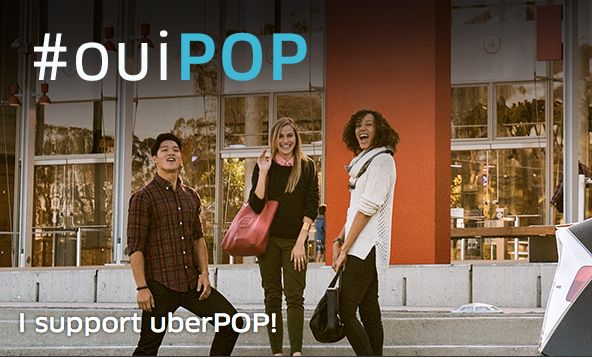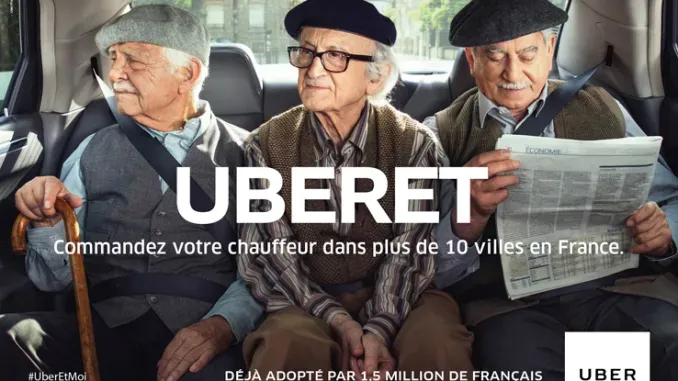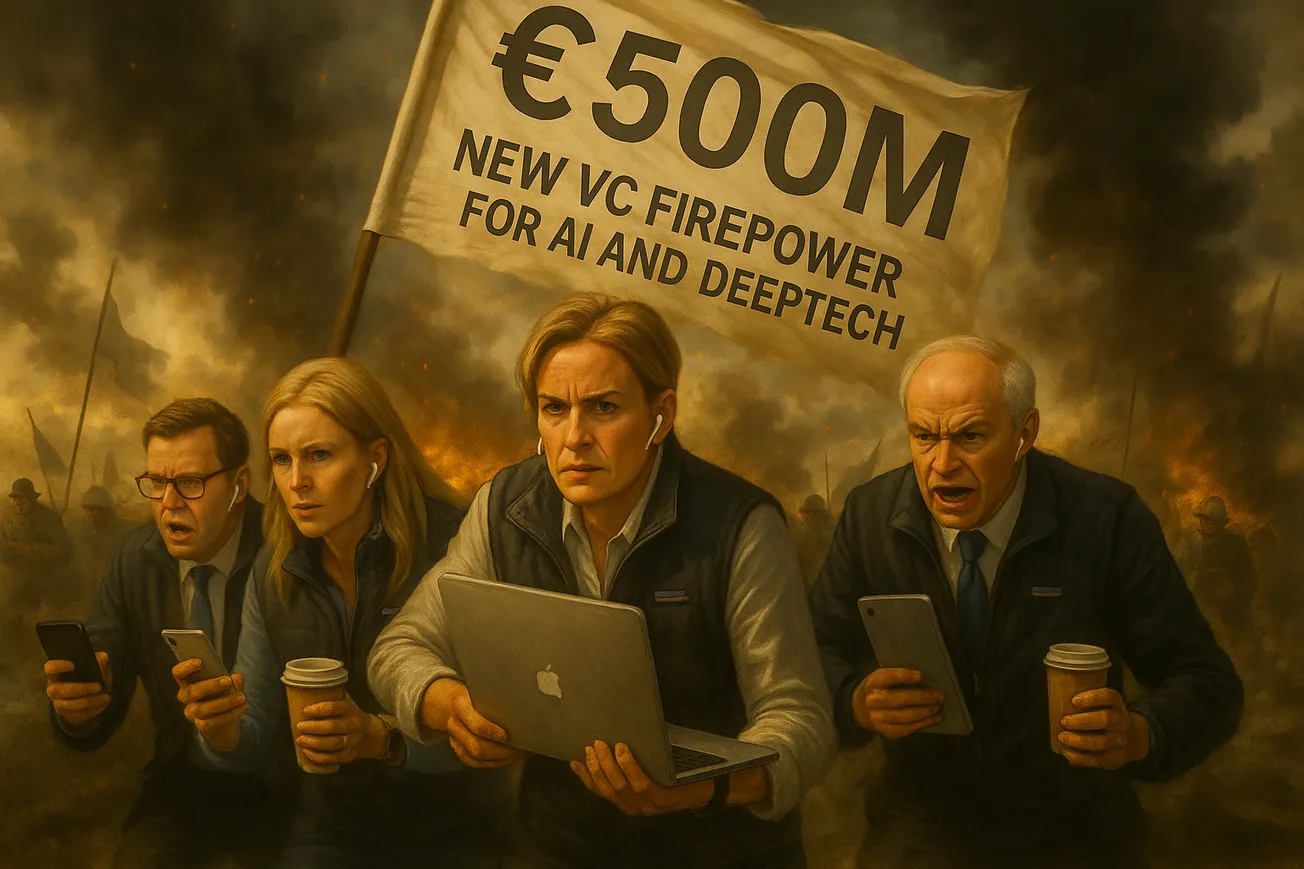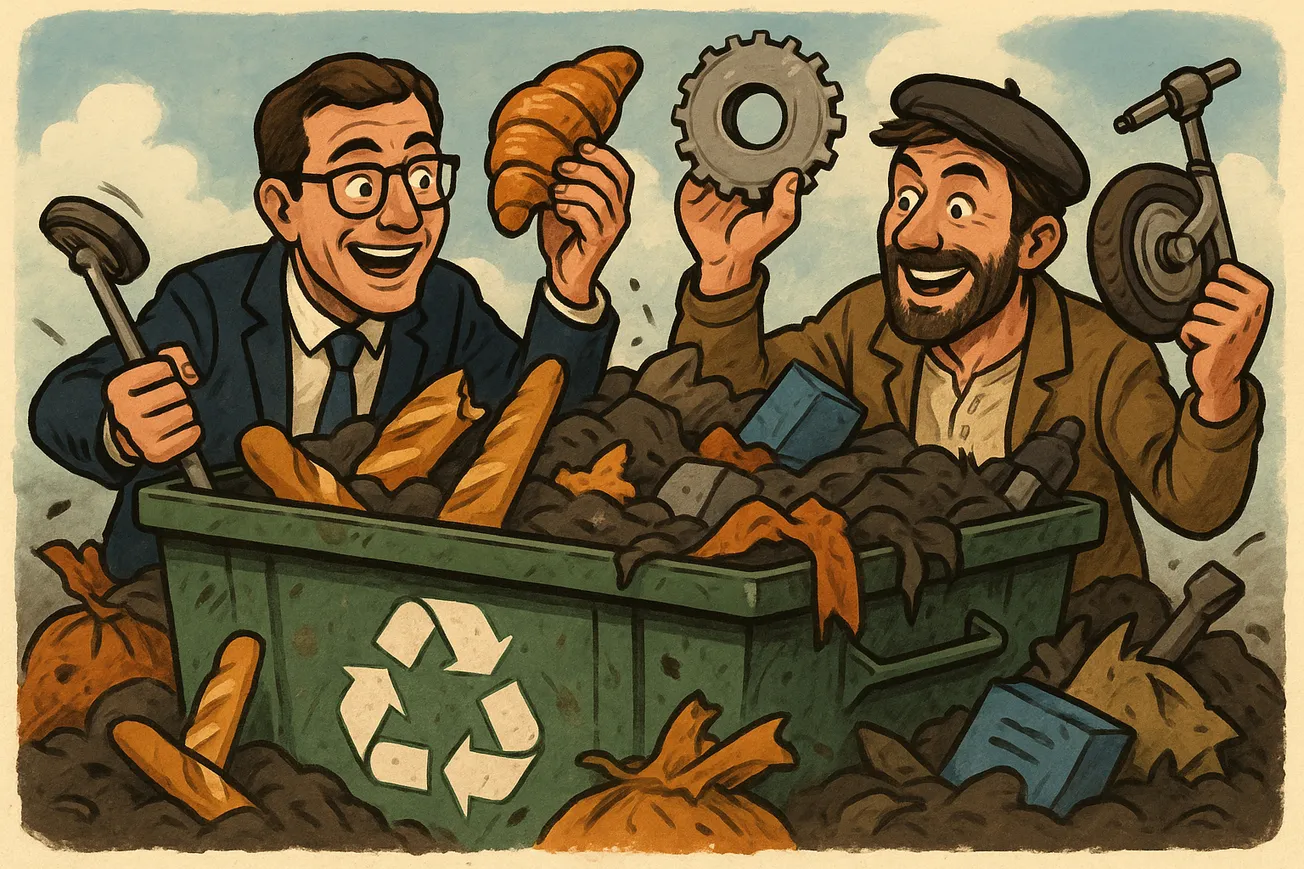The breathless reporting around the 124,000 internal Uber documents obtained by The Guardian and shared with media organizations around the world revealed that Uber skirted laws, pressured politicians, and provoked conflict to enter and dominate markets.
Well, duh.
Uber has always been a shitty company run by shitty people. Its fundamental business model helped pioneer an age where venture capital and private equity were leveraged into startup Ponzi schemes. I used to refer to Ubers as VC-subsidized taxis, which later became shareholder-subsidized rides. Silicon Valley glitterati deluded themselves into believing that there was some innovative heart pumping at the center of Uber, but in reality, it was always about cheap rides paid for by someone else.
To make matters worse, the half-baked business at the heart of Uber was overseen by a cast of characters who managed to set a new low for ethics that remains shocking even by Silicon Valley standards. In 2014, Business Insider referred to Uber's approach to launching in new cities as "freewheeling," but it was quite clear that local managers were given a free hand to do whatever it took to steamroll their way into a market. In France, among many excesses, that led in October 2014 to the infamous promotion by Uber's Lyon office in which they offered to pair riders with "hot chicks" (Avions de chasse). Riders could book a car with a special code and be picked up by a model for a 20-minute ride. Uber's HQ put a halt to it quickly, but it was pretty emblematic of how Uber operated: Cross a line and then offer a half-hearted apology and then hope everyone forgets.
Things became so bad, and the company was mired in so many scandals, that the board forced founder Travis Kalanick out in 2017. This is a thing that just doesn't happen in Silicon Valley where founders have learned how to retain almost absolute control. This followed a massive internal investigation regarding the company’s culture of sexual harassment. Meanwhile, the company was being sued for stealing autonomous vehicle intellectual property from Google’s Waymo unit. Oh, and it covered up a massive data hack.
And really, that's just scratching the service of Uber's misdeeds and destruction. It created unfair competition for existing taxis, clogged city roads with more cars, and caused even more pollution. As I wrote in 2017 when the new CEO was trying to rehab Uber's image:
"While no Silicon Valley company is without sin, Uber seems to have plumbed new depths of corporate depravity. There is so much fundamentally rotten at the company’s core that it’s nearly impossible to imagine that new-ish CEO Dara Khosrowshahi can disinfect and rehabilitate a culture gone horribly wrong."
Since then, Uber has expanded UberEats, and it's managed to regain entry to markets like London, where its antics had led to a loss of its operating license. But on the whole, Uber is still Uber, even if it has adopted a kinder, gentler veneer. It hasn't demonstrated that it can achieve a sustainable business model. And it is still being forced by courts and governments to treat its drivers decently.
All this has been known and widely reported on for the past 7 years. More recently, it has been recounted in the bestselling book, Super Pumped by New York Times reporter Mike Isaac, and the Showtime miniseries based on that book.
Much of what has been revealed in the Uber Files enriches the historical record. But there is not much new ground being broken here. The series faces the additional hurdle of being based on material 5 or more years old, involving people who have, for the most part, moved on.
With one notable exception: Emmanuel Macron.
Uber In France

President Macron, long an outspoken supporter of Uber, has become one of the main stars of the Uber Files coverage because, well, he's president of France.
The headlines of various stories promise sexy revelations about his role in Uber's rise in France: "Emmanuel Macron secretly aided Uber lobbying in France, texts reveal" (The Guardian); As Uber steamrolled into France, Emmanuel Macron was a ‘true ally’ (Washington Post); "Révélations sur le deal secret entre Uber et Emmanuel Macron à Bercy" (Le Monde).
Naturally, political opponents and the taxi industry seized on the "revelations" to bash Macron. Given the divided nature of France's current government, with no clear majority in the National Assembly, it's entirely predictable that opposition parties are ready to pounce on any potential hint of scandal to take Macron down a few more pegs. And no doubt, for much of the public, headlines about "secret deals" and "secret meetings" will certainly create a whiff of wrongdoing.
The problem is that none of the stories really deliver on the sexy promises of their headlines. As Economy Minister for 2 years, it seems that Macron did indeed have meetings with Uber officials. In France, such lobbying still carries some sense of being in violation of some unofficial ethical rules. But as an American in France, the fact that he had meetings with Uber officials seems pretty normal. And there doesn't seem to be any quid pro quo here as one would find in the US (IE, no promise of campaign donations or personal favors). The bar for political scandals is pretty low in France, which perhaps says something about how normalized petty corruption in American politics has become that I am so cynical about such things.
The other item that surfaced is some text messages between Macron and Uber officials after a local official in Marseille banned its service. Macron offered to look into it and a few days later, the ban was lifted. But the official denies he was ever contacted by Macron or his people.
There are some messages in which Macron claims to have struck a "deal" with other ministers and legislators. But while there were some amendments to taxi laws passed, there is no clear evidence that any such deal was either reached or implemented.
Bottom line: It's some pretty weak sauce in terms of building a case of malfeasance against Macron.
But let me take that one step further: I would argue that much of this coverage, try as it might to gin up a scandal, instead offers solid insight into the measured and balanced approach that France takes to digital progress. Because even as much of Silicon Valley was swooning for Uber, the French political establishment and government bureaucracy took a pretty dim view of the ride-hailing platform and wasn't afraid to say so. Macron's favorable comments made him an outlier rather than a powerbroker, as Uber eventually learned to its dismay.
While Silicon Valley smirked, France's taxi industry was taking to the streets to fight back. And those complaints were being heard. The Guardian story points out that even as Macron was first meeting with Uber, his party's government was moving to adopt a law by Socialist assembly member Thomas Thévenoud that placed new restrictions on Uber and similar services (known as VTCs or véhicule de tourisme avec chauffeur). Thévenoud had led a government inquiry into the nation’s taxi industry and had accused Uber of being an “illegal taxi” that practiced “cowboy behavior."
Even if Macron was acting friendly, Uber continued to make enemies in France. It began an aggressive public campaign to win regulatory support for its UberPop service which basically would let anyone drive someone in their car with no taxi license of any kind. UberPop was banned under the new Thévenoud law and by local government decrees.
Uber's campaign included a petition that personally attacked Thévenoud to undermine support for the law. Even as the law was being adopted, Thévenoud had been fired from the government just nine days after being named secretary of state for foreign trade because he failed to pay taxes on an apartment.
In its petition, Uber said the tax issue made him a hypocrite and undercut his credibility. The legislation should be opposed, Uber argued, because it was “supported by Minister Thomas Thévenoud, whose lack of credibility is now beyond doubt.”
But such efforts failed. Courts ruled against UberPop. Local police raided Uber's Paris headquarters where they seized a cache of documents and smartphones in March 2015. And in June 2015, two Uber executives were arrested in connection with UberPop.
The Guardian also reports: "One of the regulatory bodies investigating Uber was France’s grandly named directorate general for competition, consumer affairs and the repression of fraud (DGCCRF). The documents show executives believed Macron at least promised to Uber to try to persuade the directorate, which fell under his ministry’s ambit, to ease off."
The DGCCRF reported to Macron and Uber tried to get him to intervene, but apparently with no success. Eventually, the company abandoned attempts to launch UberPop in France. This was part of the supposed deal that Macron stuck: Uber would pull UberPop in return for slightly more lenient rules for obtaining taxi permits. Except no one else seems to know anything about such a deal.
Still, even if such a deal were struck, the end of UberPop marked a moment when Uber began to accept the reality of French regulations. It altered its program to support the training drivers needed to get permits. While "deal" hints at some dark motivations, in reality, this sounds like a classic political compromise (if, that is, there was even such a deal).
Macron resigned as minister in August 2016. And long before then, Uber execs had grown disillusioned with him because he apparently failed to deliver on their agenda. Again, from The Guardian: "By late 2015, managers were wondering whether Macron was quite as influential as they had believed: 'Not sure what he wants for us. And not clear he has any power.'"
In general, I think that France took a reasonably tough posture toward Uber, even if it wasn't as tough as the taxi industry wanted.
Flash forward to the present day, many of the taxi industry complaints are not so much about the laws and rules but rather about lax enforcement. More recently, a new law went into effect that requires taxis and VTCs to share more data about their operations to make their impact more transparent. And in 2020, a French court ruled that Uber drivers should be classified as employees. (In The Guardian story, Thévenoud accused Macron of failing to enforce this ruling broadly enough).
Speaking to La Dépêche newspaper late last year, Rachid Boudjema, head of one of the major national taxi associations, expressed frustration that Uber and other VTC drivers had found ways to pay less in taxes and social charges, and faced fewer restrictions, such as the requirement that a driver is supposed to return to a home base after dropping off a passenger rather than just roaming the streets endlessly.
Such advantages are in violation of the rules, and Boudjema wants to see a crackdown to level the playing field. It seems unlikely a Macron government is going to deliver on that for him, but he believes some individual ministers are supportive.
"We're going to clearly maintain pressure on the ministries concerned – Interior, Transportation, Labor – so that inspections occur," he said.
So, the system was not perfect. But overall, Uber's tactics backfired and ultimately the company failed to gain the bigger victories the company sought.
In my time in France, even amid the boosterism around French startups and unicorns, I've appreciated that overall the government is also willing to fight many of the U.S. tech giants on subjects like privacy, taxes, and sovereignty. This still prompts a lot of eye-rolling from libertarian-loving Silicon Valley. But it's worth celebrating a country that is willing to have serious conversations about what constitutes real digital progress and to think deeply about the social and economic impact.
This won't stop the nation from obsessing over the Uber Files "scandal", but France comes out looking better than many other national and local jurisdictions that folded in the face of Uber's tactics.
👋🏻 If you’re enjoying The French Tech Journal, support the project by forwarding it to friends and sharing it on your social networks. You can also comment on this post. And if you have ideas for stories, tips, or just want to harass me, send me an email: chris@frenchtechjournal.com. 👋🏻








